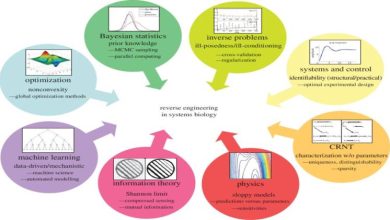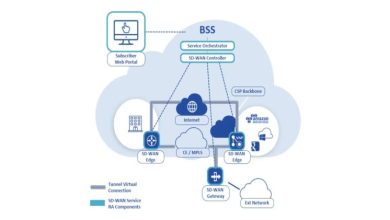The Crucial Role of Linguistic Experts in Globalization Testing

Globalization testing is a critical aspect of software development, ensuring that applications and products can seamlessly adapt to diverse linguistic and cultural contexts. As businesses expand across borders, the demand for robust globalization testing has grown exponentially.
In this intricate process, linguistic experts play a pivotal role in ensuring that software applications are not only functional but also culturally sensitive and linguistically appropriate for a global audience.
Understanding Globalization Testing:
Globalization testing, also known as internationalization testing, is the evaluation of a software product’s ability to function effectively in various linguistic and cultural environments. It goes beyond traditional testing methodologies by addressing language, date and time formats, currency, and other cultural nuances. The primary goal is to ensure that the software can accommodate diverse user interfaces, content, and functionalities to meet the needs of users worldwide.
The Multifaceted Challenges:
Globalization testing presents a unique set of challenges that go beyond standard functional and performance testing. Linguistic diversity, cultural variations, and regional differences necessitate a comprehensive approach to testing. For instance, a simple translation of user interface elements may not be sufficient; the software must also adapt to different writing systems, text orientations, and character encodings.
The Role of Linguistic Experts:
- Translation and Localization:
Linguistic experts are instrumental in translating and localizing content within the software. This goes beyond mere language translation, involving a deep understanding of cultural nuances, idioms, and context. A well-localized product resonates with users, creating a more engaging and user-friendly experience.
- Cultural Sensitivity:
Linguistic experts bring cultural sensitivity to the testing process. They can identify and address issues related to cultural taboos, customs, and preferences that may impact user perception and acceptance of the software. This ensures that the application aligns with the cultural expectations of diverse user groups.
- User Interface Adaptation:
A crucial aspect of globalization testing is adapting the user interface to different languages and writing systems. Linguistic experts collaborate with software developers to ensure that the UI elements are not only accurately translated but also displayed appropriately, considering factors like text expansion or contraction in different languages.
- Functional Validation:
Linguistic experts contribute to functional validation by conducting language-specific testing to identify issues related to syntax, grammar, and language-specific functionalities. This ensures that the software behaves correctly in diverse linguistic environments.
- Character Encoding and Font Rendering:
Different languages and writing systems may require specific character encodings and font rendering. Linguistic experts collaborate with developers to address issues related to font compatibility and character encoding, ensuring that text is displayed accurately in all supported languages.
- Date and Time Formats:
Globalization testing involves evaluating how the software handles date and time formats used in different regions. Linguistic experts help in configuring and validating these formats to ensure consistency and accuracy across diverse locales.
- Accessibility:
Linguistic experts play a role in ensuring that the software is accessible to users with different linguistic abilities. This includes considerations for screen readers, voice commands, and other accessibility features that may vary across languages and regions.
Conclusion:
In the era of globalized business and digital connectivity, the role of linguistic experts in globalization testing is indispensable. Their expertise goes beyond language translation, encompassing cultural sensitivity, user interface adaptation, functional validation, and ensuring accessibility across diverse linguistic landscapes. By incorporating linguistic experts into the testing process, organizations can enhance the quality of their software products and deliver a more inclusive and user-friendly experience to a global audience. Linguistic testing services are an integral part of globalization testing. As businesses continue to expand globally, the collaboration between linguistic experts and software developers will remain a cornerstone of successful globalization testing.




